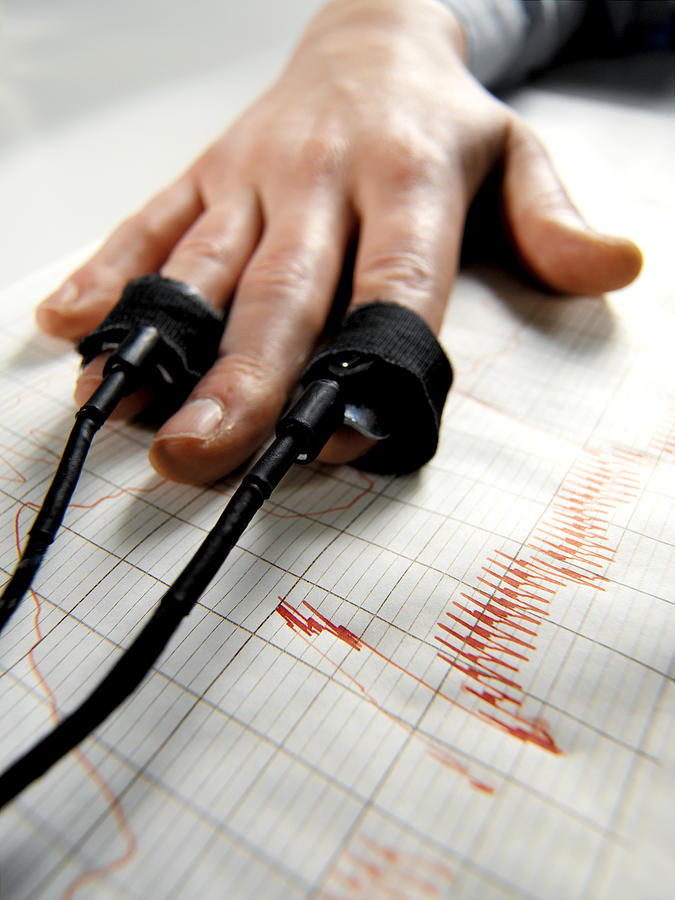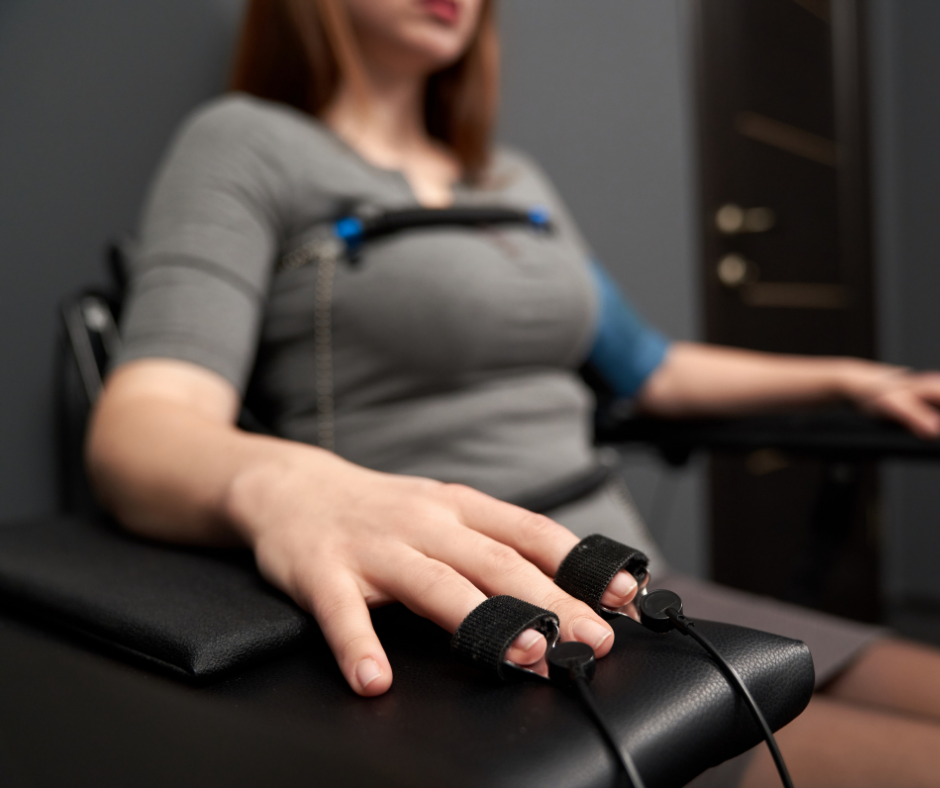Lie detector tests, also known as polygraph tests, have been a popular form of gathering evidence for many years. However, their legal implications are complex and can be confusing for those unfamiliar with the law. In this article, we will explore if lie detector tests are admissible in court and what the potential consequences could be. We will also discuss the price of lie detector test in Birmingham to give readers an idea about its affordability.
A lie detector test (polygraph) measures physiological changes that occur when someone answers questions truthfully or falsely. It involves attaching electrodes to the person’s skin and monitoring their heart rate, breathing patterns, and other physical reactions while they answer questions asked by an examiner. Based on these physical responses, the results are then analyzed by an expert who can determine if the person was lying or telling the truth.

Admissibility of Lie Detector Tests in Courts
When deciding whether a lie detector test should be considered admissible evidence in court proceedings, courts must consider several factors, including the reliability and accuracy of such tests. Generally speaking, courts view such tests as unreliable because they do not provide absolute proof of guilt or innocence; rather they can only indicate the likelihood that certain statements were true or false. For this reason, most courts do not accept lie detectors as primary evidence but may allow them to be presented as corroborating evidence alongside other forms of proof.
Price of Lie Detector Test in Birmingham
The cost of a lie detector test varies depending on where you get it done and how extensive the testing is going to be. On average, most companies located around Birmingham offer basic polygraph exams starting at £250-£300 per session, depending on your requirements. This fee often includes preparation time, pre-test interview(s), examination time, and post-test feedback, including written reports detailing all findings from your exam(s).
Pros and Cons of Using Lie Detectors
Despite their limited admissibility within court proceedings, there are still pros and cons to using lie detectors during investigations by police officers or private investigators alike:
Pros:
• Faster results compared to traditional investigation methods
• Non-invasive approach, which helps save resources
• Can help establish alibis for individuals being investigated
Cons:
• Results cannot guarantee accuracy due to human error/response bias
• No way to prove tampering unless additional measures are taken
• Inaccurate results can lead investigators down the wrong paths

Conclusion
Ultimately, whether or not a courtroom accepts a polygraph result depends largely on jurisdiction since laws vary from state to state across the United States – consult your local attorney for more information about your situation before attempting any legal action involving such technology. That being said, understanding what exactly goes into obtaining accurate results from these types of examinations and knowledge regarding current legislation surrounding their use is key if one wishes to pursue them as part of any investigation process – especially when considering their relatively high cost!